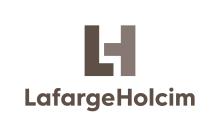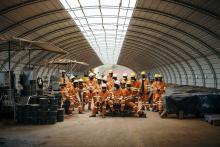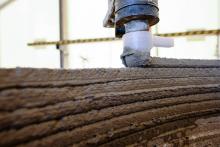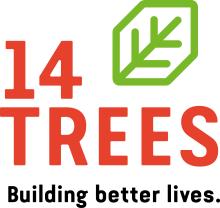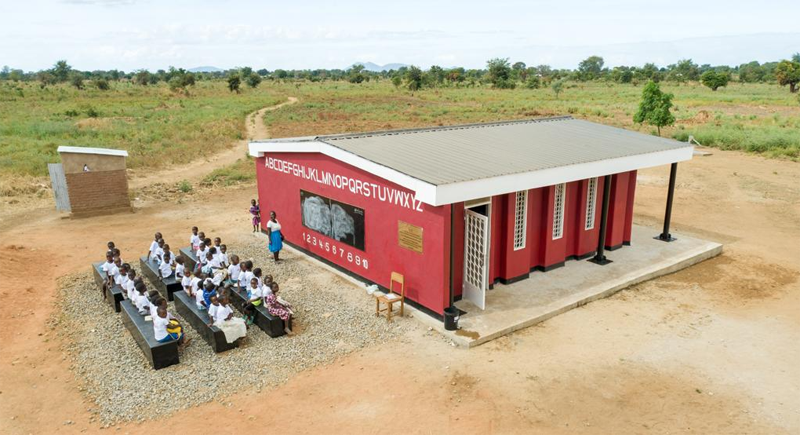
The school was built in Malawi's Salima district (pop. 38,000), and its walls were printed in just 18 hours, compared to several days with conventional building materials.
This week, the school has been officially transferred to the Kalonga village community in the Yambe zone of Salima district. Children began learning in their new school on June 21.
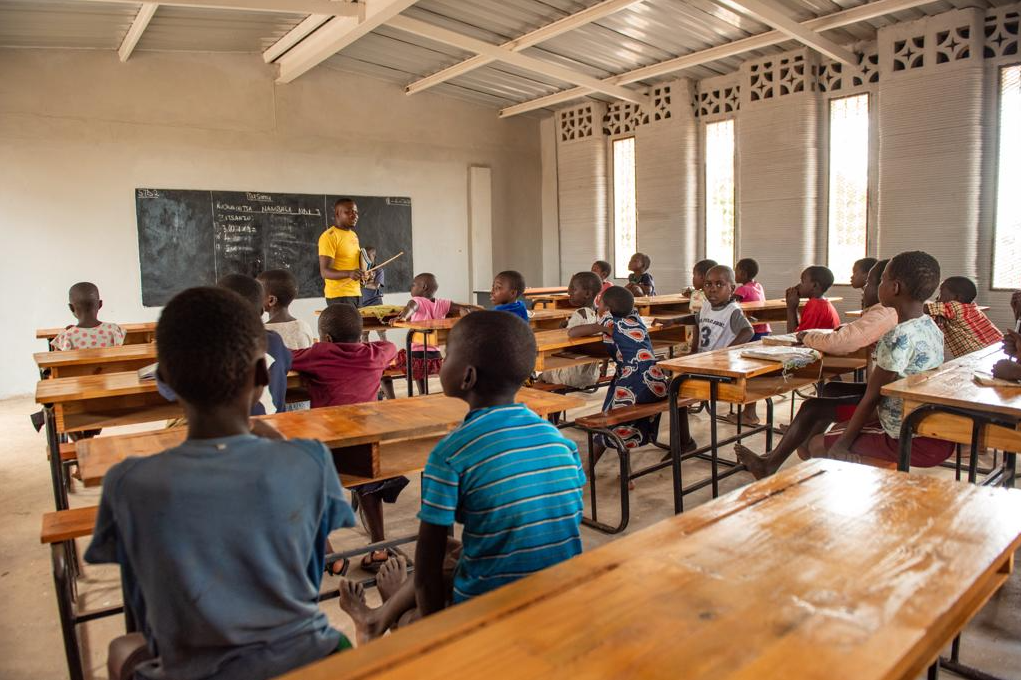
The school is proof that 3D printing can play a key role in bridging our world's education infrastructure gap by building high-quality classrooms for children in a sustainable, affordable and fast-paced way at scale.
Miljan Gutovic, region head of Europe, Middle East and Africa at Holcim Group, said: "I am very proud of how our colleagues at 14Trees have deployed cutting-edge 3D printing technology to solve such an essential infrastructure need. Now that we've proven the concept in Malawi, we look forward to scaling up this technology across the broader region, with projects already in the pipeline in Kenya and Zimbabwe."
Tenbite Ermias, managing director, Africa, at CDC, said: "The rollout of 14Trees' world-class, cutting-edge technology is going to have a tremendous developmental impact on Malawi and the wider region. It is a wonderful example of how we are investing in businesses that can support the UN's Sustainable Development Goals."
Juliana Kuphanga Chikandila, primary education advisor, representing the director of Education, Youth and Sports in Malawi, said: "Before, we had 12 schools in the Yambe zone; we now have 13 – with this new 3D printed school. To increase our supply of education to children, we need a total of four more primary schools in the Yambe zone, but as a district, we need approximately 50 more schools to serve those in need.
"I am very impressed by the new building – its durability and design provide the space and facilities that students did not have before; teaching and learning can now happen inside and outside the classroom. It is notably different from the schools being built in the Yambe zone and Salima district. This school will attract more students, and those learners that had left will return to education."
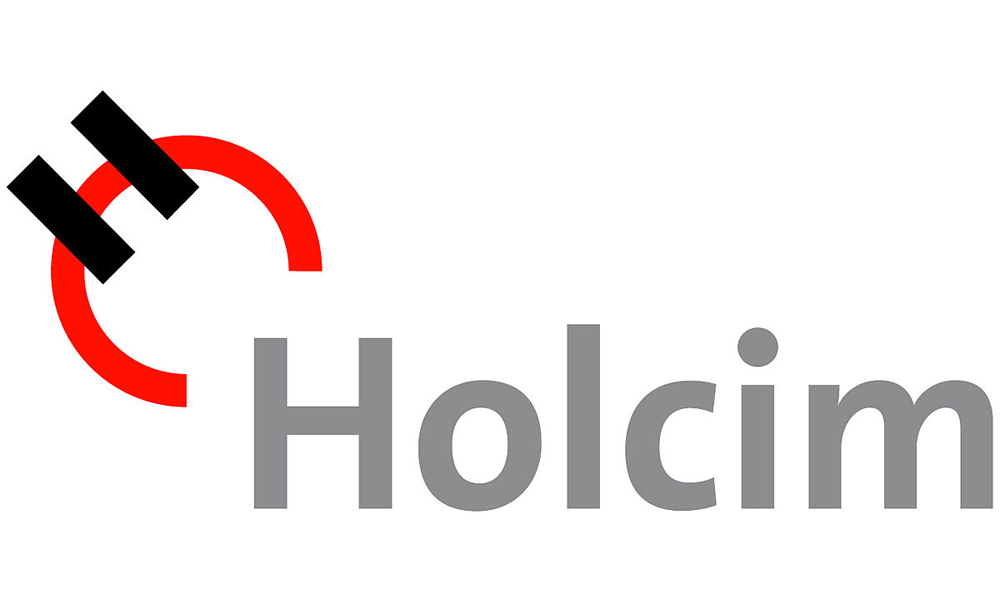
Using proprietary Holcim ink, this innovative 3D printing process significantly reduces the time, cost and materials used for building housing and schools while reducing their environmental footprint by more than 50% compared to conventional methods. UNICEF estimates a shortage of 36,000 classrooms in Malawi alone, which would take 70 years to build using conventional methods. According to 14Trees, this infrastructure gap could be bridged in just ten years with 3D printing. Partnering with a range of NGOs, 14Trees is committed to solving this chronic shortage at scale and sustainably, starting with families and communities most in need.
These projects will sustain skilled job creation by hiring and upskilling local experts in dynamic roles such as 3D machine operators to material specialists working in partnership with local builders for carpentry, roofing, painting, and beyond. In addition to the school in the Salima district, 14Trees also built its first 3DP prototype house in Lilongwe, Malawi, in just 12 hours, compared to almost four days using conventional methods.

